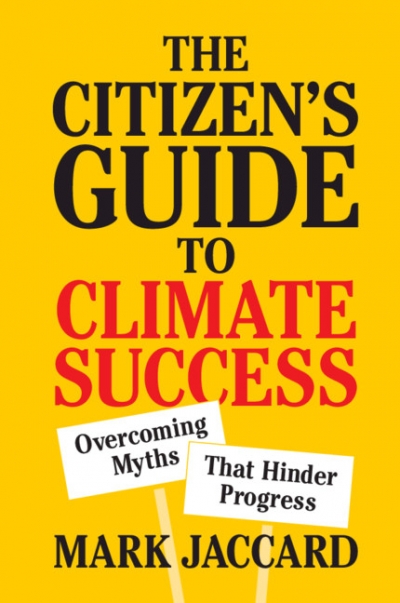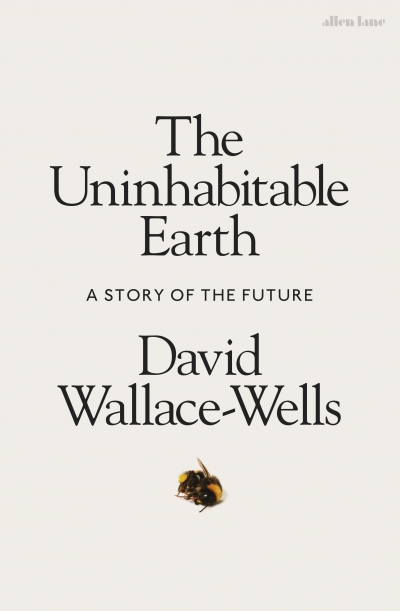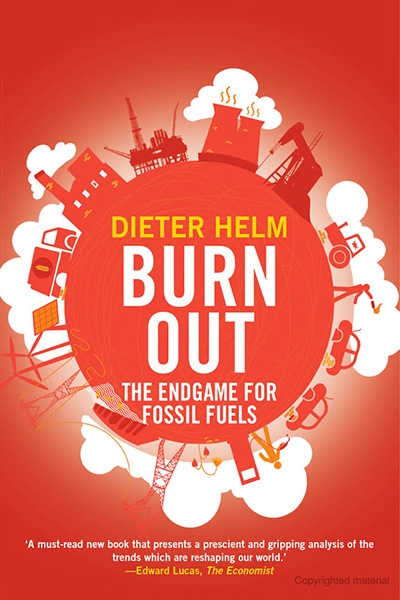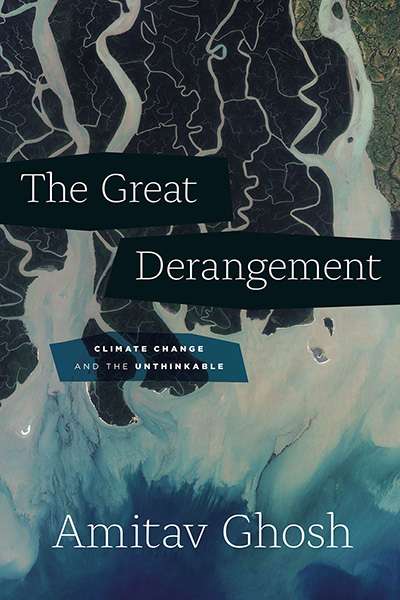Accessibility Tools
- Content scaling 100%
- Font size 100%
- Line height 100%
- Letter spacing 100%
Climate Change
The ABR Podcast
Released every Thursday, the ABR podcast features our finest reviews, poetry, fiction, interviews, and commentary.
Subscribe via iTunes, Stitcher, Google, or Spotify, or search for ‘The ABR Podcast’ on your favourite podcast app.
The red thread: Xi Jinping’s ideology of power
by Neil Thomas
This week on The ABR Podcast, Neil Thomas reviews On Xi Jinping: How Xi’s Marxist Nationalism is shaping China and the world by Kevin Rudd. Thomas explains that even China watchers find it hard to be clear on the thoughts and plans of the leader of the Chinese Communist Party. They disagree, he tells us, on basic, critical questions, such as for how long Xi will rule. ‘Enter Kevin Rudd’, Thomas writes. ‘In his latest book, former prime minister Kevin Rudd adds a worthy new chapter to his life of public service, digesting thousands of pages of “Xi Jinping Thought” so that you do not have to’. Neil Thomas is a Fellow on Chinese Politics at Asia Society Policy Institute’s Center for China Analysis in Washington DC. Here is Neil Thomas with 'The red thread: Xi Jinping's ideology of power' by Neil Thomas, published in the December issue of ABR.
Recent episodes:
The Citizen’s Guide to Climate Success: Overcoming myths that hinder progress by Mark Jaccard
The nuclear scale of the inferno that delivered our Black Summer will be remembered as a turning point in the debate about climate change. It was the summer when the monster of energy stored up in the earth’s oceans and atmosphere revealed itself in the most dangerous climate drivers; the summer when Australia could no longer take for granted the evolution of precious species and their habitats over millions of years, with more than a billion animals dead and more than ten million hectares of forest burnt. But it was also the season in which climate-denying politics was comprehensively trumped, no matter how much spin, media massaging, and misinformation was employed to make the fires, and their link to climate change, go away.
... (read more)The Uninhabitable Earth: A story of the future by David Wallace-Wells
Sunburnt Country: The history and future of climate change in Australia by Joëlle Gergis
The Great Derangement: Climate change and the unthinkable by Amitav Ghosh
The Handbook: Surviving and living with climate change by Jane Rawson and James Whitmore
Let’s begin, somewhere around 4,500 bce, in a small patch of soil on the south-west coast of Western Australia. An ovule and some pollen combine on the crest of a ridge overlooking the sea, and a plant begins to grow. It’s a little thing with juvenile leaves which will become a faint ...
Atmosphere of Hope: Searching for solutions to the climate crisis by Tim Flannery
To complement the essays, commentaries, reviews, and photographic essay in this issue, we asked a group of leading environmentalists, scientists, commentators, and writers what they regard as the most urgent action needed for environmental reform.
Wayne Bergmann
There is an urgent need for widespread recognition of the interrelationship between the ...








